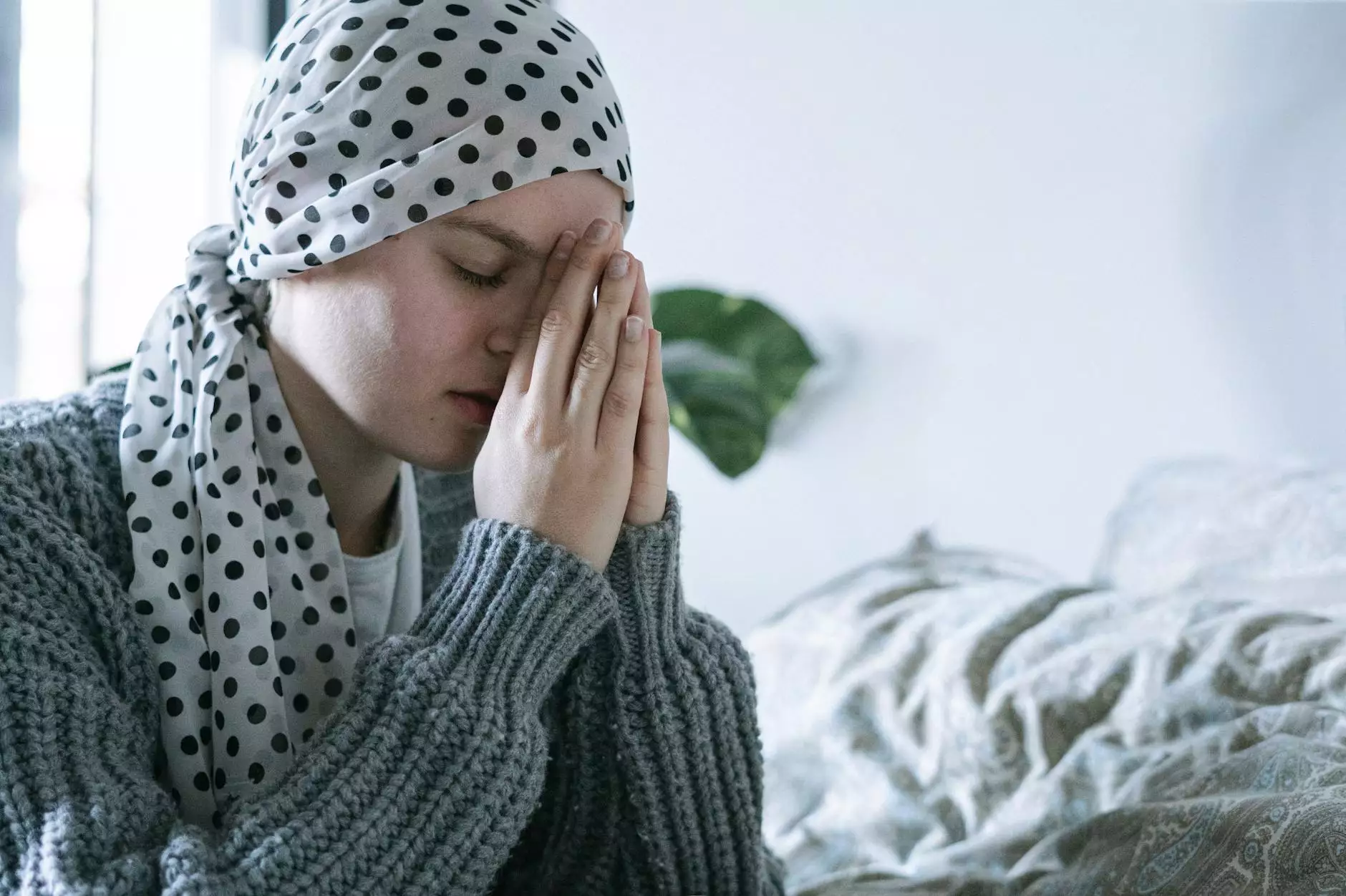Breast Cancer and the Microbiome: Part 1
Blog
As we delve into the fascinating world of breast cancer research, Nasseri Medical Centre & Medspa brings you a groundbreaking discussion on the connection between breast cancer and the microbiome. Our comprehensive understanding of the human body allows us to explore the role of microorganisms in breast cancer development.
The Microbiome: A Gateway to Understanding Breast Cancer
Before we dive deeper into the correlation between breast cancer and the microbiome, let's first understand what the microbiome actually is. The microbiome refers to the collection of microorganisms, including bacteria, fungi, viruses, and other microbes, that reside in or on the human body. These microorganisms play a crucial role in maintaining a healthy immune system, aiding digestion, and even influencing mental well-being.
Research has shown that the composition and diversity of the microbiome can have far-reaching impacts on various aspects of our health. Recent studies have shed light on the potential link between the microbiome and cancer development, including breast cancer.
Exploring the Microbiome-Breast Cancer Connection
When it comes to breast cancer, the microbiome may play a significant role in several ways. Firstly, certain bacteria residing in breast tissue may produce toxins or metabolites that could promote inflammation and DNA damage, leading to an increased risk of developing breast cancer.
Furthermore, studies have revealed that disruptions in the balance of the gut microbiome may contribute to the development of breast cancer. The gut microbiome has been found to influence the metabolism of estrogens, a hormone that plays a key role in breast cancer. Dysbiosis, an imbalance in the gut microbiota, has been associated with increased estrogen levels, potentially increasing the risk of breast cancer.
The Gut-Brain Connection: A Key Player in Breast Cancer
The gut-brain axis, a bidirectional communication pathway between the gut microbiota and the brain, may also impact breast cancer development. Research suggests that the gut microbiome regulates systemic inflammation and metabolism, both of which have been implicated in breast cancer. Therefore, maintaining a healthy gut microbiome could potentially lower the risk of breast cancer.
Preventive Measures: Nurturing a Healthy Microbiome
While our understanding of the microbiome-breast cancer connection is still evolving, there are steps you can take to support a healthy microbiome and potentially reduce your risk of breast cancer.
1. Eat a Balanced Diet:
Aim for a diet rich in fruits, vegetables, and whole grains, as these provide vital nutrients and promote a diverse microbiome. Include probiotic-rich foods such as yogurt and fermented vegetables for an extra boost of beneficial bacteria.
2. Exercise Regularly:
Regular physical activity has been associated with a more diverse and resilient microbiome. Engage in moderate-intensity exercise, such as brisk walking or cycling, for at least 150 minutes per week.
3. Minimize Antibiotic Use:
While antibiotics have revolutionized medicine, overuse can disrupt the delicate balance of the microbiome. Use antibiotics only when necessary and under the guidance of a healthcare professional.
4. Manage Stress Levels:
Chronic stress can negatively impact the microbiome. Practice stress-management techniques like meditation, yoga, and deep breathing exercises to promote a healthy balance.
5. Avoid Toxins:
Some environmental toxins can harm both our bodies and the microbiome. Minimize exposure to pesticides, heavy metals, and harmful chemicals found in certain household products.
Conclusion
At Nasseri Medical Centre & Medspa, we strive to empower our patients with the most comprehensive information to help them make informed decisions about their health. Through our exploration of breast cancer and the microbiome, we shed light on the potential links between the two and provide insights into preventive measures.
Remember, the microbiome is a vast ecosystem that holds incredible potential in the fight against breast cancer. By nurturing a healthy microbiome through lifestyle choices, you can make a positive impact on your overall health and potentially reduce the risk of breast cancer.










